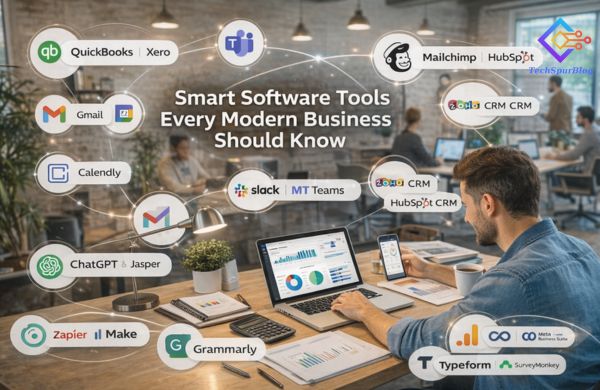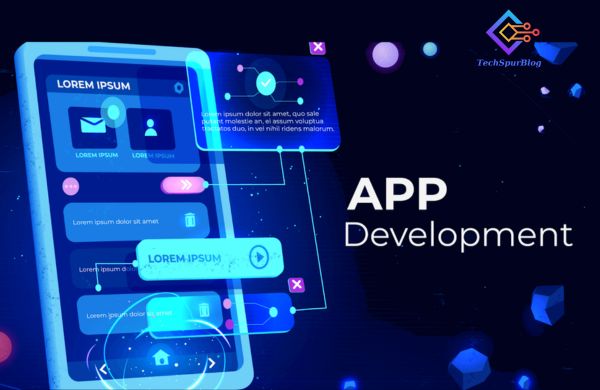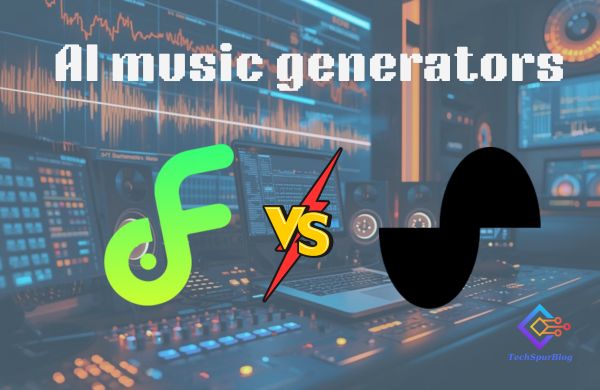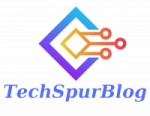Introduction
New technologies come with both advantages and disadvantages for educational institutions all over the world. Cloud computing has not only increased the efficiency of schools and colleges, but has also allowed their administrative tasks to transform. However, the combination of communication, planning, and data organization within an institution becomes complex as they expand and diversify. The School ERP system, or Enterprise Resource Planning system, encompasses a digitally unified platform that integrates a multitude of sophisticated academic and administrative functions to ease educational enterprises’ pain points.
An organization’s external environment most certainly plays a role in shaping its internal strategies. Such is the case for educational institutions that are seeking modernization. Enabled by transforming industries, these institutions need to keep up with the rest of the world.
The sector of education has experienced the strongest cloud-based and scalable ERP systems. This article will discuss the evolution and future scope of advanced ERP solutions in educational institutions.
Comprehending School ERP Systems
An ERP School system is a type of software used in schools to facilitate the smooth running of day to day activities in an educational institution. This software integrates processes which include but are not limited to:
- Managing enrolments
- Maintaining student and employee databases
- Monitoring attendance
- Managing timetables
- Collecting fees and managing finances
- Managing examinations and grading
- Managing library
- Interfacing with parents and students
By centralizing these functions and automating basic processes, ERPs streamline workflows and optimize the use of personnel resources by alleviating the workload of administrative employees.
Also Read: Tips for ERP Automation Testing: Streamline Your Business Processes
Moving towards cloud-based ERP systems
Typically, school ERP systems were implemented on-premises which meant that there was a large investment on hardware, maintenance, IT staff, and more. These legacy systems were inflexible, expensive to scale, hard to access remotely, and more.
There is a notable shift in paradigm with cloud-based ERP systems. Unlike local servers dedicated to hosting software, cloud ERP can now be accessed through the internet. Remote servers dedicated to storing files are hosted off-site. This new mechanism provides the following features:
Accessibility and Remote Learning Compatibility
With CSRs, authenticated users such as students, teachers, and administrators can access data remotely at any time. Data is protected through encryption methods, ensuring secure login credentials are required. These features proved extremely beneficial during the COVID-19 pandemic and helps to support hybrid learning models that are still in place.
Scalability
Cloud-based ERP systems are designed to suit the everchanging needs of organizations. There are no additional purchases that are made to infrastructure overhauls, making it easy for single campus schools or larger universities with multiple branches to adapt.
Lower Upfront Costs
With educational institutes needing less of an initial investment to set up new IT infrastructure like servers and storage systems, operational costs become much smaller. Subscriptions based on a cloud ERP model shift capital expenditures to a more controllable operational model.
Key Features of a Cloud-Based School ERP System
Centralized Dashboard
- Real-time overview of school operations and analytics.
- Customizable for different user roles (admin, teacher, parent, student).
Student Lifecycle Management
- Seamless handling from admission to alumni tracking.
- Document uploads, performance reports, and progression tracking.
Communication Tools
- Email, SMS, and app-based notifications to parents and staff.
- Event announcements, homework updates, and exam alerts.
Fee and Finance Management
- Online payment portals with automated receipt generation.
- Integration with accounting systems for real-time financial monitoring.
Attendance and Timetable Management
- Digital attendance tracking for both students and staff.
- Automated scheduling with conflict detection and resolution.
Customizable Reports and Analytics
- Generate academic performance reports, attendance summaries, and financial statements.
- Data-driven insights for informed decision-making.
Third-party Integrations
- Integration with LMS, biometric systems, payment gateways, and government portals.
Also Read: Top 5 Learning Management Systems (LMS) for Schools in 2024
Benefits of a Scalable School ERP
- Enhanced Operational Efficiency
ERP systems free up personnel to concentrate more on strategic and analytical functions by automating mundane task execution.
- Improved Data Accuracy and Security
Data is stored in central databases with stringent access controls and encryption, thus reducing errors and protecting sensitive information.
- Better Decision-Making
Access to real-time data and analytics enables school leaders to make timely decisions about student outcomes, resource distribution, and policy development.
- Strengthened Parent Engagement
Cloud ERP maintains transparency by updating parents on their children’s academic performance, attendance, and fee status through applications and portals.
- Adaptability for Growth
Whether it is enrolling more students, opening new branches, or increasing the number of courses offered, scalable ERP solutions can be easily customized to align with the goals of an institution.
Challenges and Considerations
While the advantages are evident, the journey of deploying a cloud-based school ERP system involves hurdles that an organization needs to delicately walk through.
Data Privacy Concerns: Institutions need to make sure they comply with data protection laws such as the GDPR, FERPA, or local regulations.
Change Management: Training for staff and resistance to new systems can delay adoption.
Vendor Dependence: The choice of vendor is pivotal in determining the long-term reliability and support of the system.
Dependence on the Internet: Invariable access to the internet is required for using cloud-based resources.
Schools should conduct a thorough needs assessment to address these issues, involve stakeholders in the selection process, and provide ample training and support during rollout.
Also Read: Symbolab: Your Ultimate Math Problem-Solving Companion
Choosing the Right ERP Vendor
The school ERP vendors are very many in the market, with each having its own unique features. The following should be considered when choosing a vendor:
Proven Experience: Seek out vendors who have worked with educational institutions similar to yours in size and type.
Options for Customization: The system should adapt to your workflows, not the other way around.
Security Measures: Ensure the platform employs robust encryption, role-based access control, and security audits on a regular basis.
Customer Support: To ensure seamless operation, there is a need for 24/7 support, training sessions, and documentation.
Trial and Demo Availability: Only through hands-on interaction with the platform can one determine its suitability for use.
The Future of School ERP Systems
So, looking ahead, it seems like cloud-based ERP systems are gearing up to really transform with some pretty cool tech advancements. Think about it
Artificial Intelligence: is stepping in with things like predictive analytics, which can help tailor learning experiences, not to mention automated grading that could save teachers a ton of time.
And then there’s Blockchain: This is game-changing stuff! Imagine having tamper-proof academic records and super secure ways to verify credentials. That’s peace of mind for everyone involved.
Let’s not forget about IoT Integration: Real-time monitoring of everything from school facilities to transportation and even classroom conditions? That’s massive for keeping things running smoothly.
Oh, and mobile-first interfaces are becoming the norm: This means a better experience for everyone, students, teachers, parents thanks to responsive, app-based platforms.
As education continues to go digital, it’s clear that these scalable cloud ERP systems are going to be at the heart of academic administration and innovation.
Also Read: Quizizz: Transforming Education through Engagement
Conclusion
In wrapping this up, the shift toward cloud-based and scalable school ERP system is a big leap for modernizing educational institutions. These systems lay down a solid foundation for smoother administration, better learning outcomes, and a more interconnected educational environment.
By jumping into cloud tech, schools aren’t just lightening their operational load they’re also getting the flexibility and insights they need to really thrive in this digital age.


















